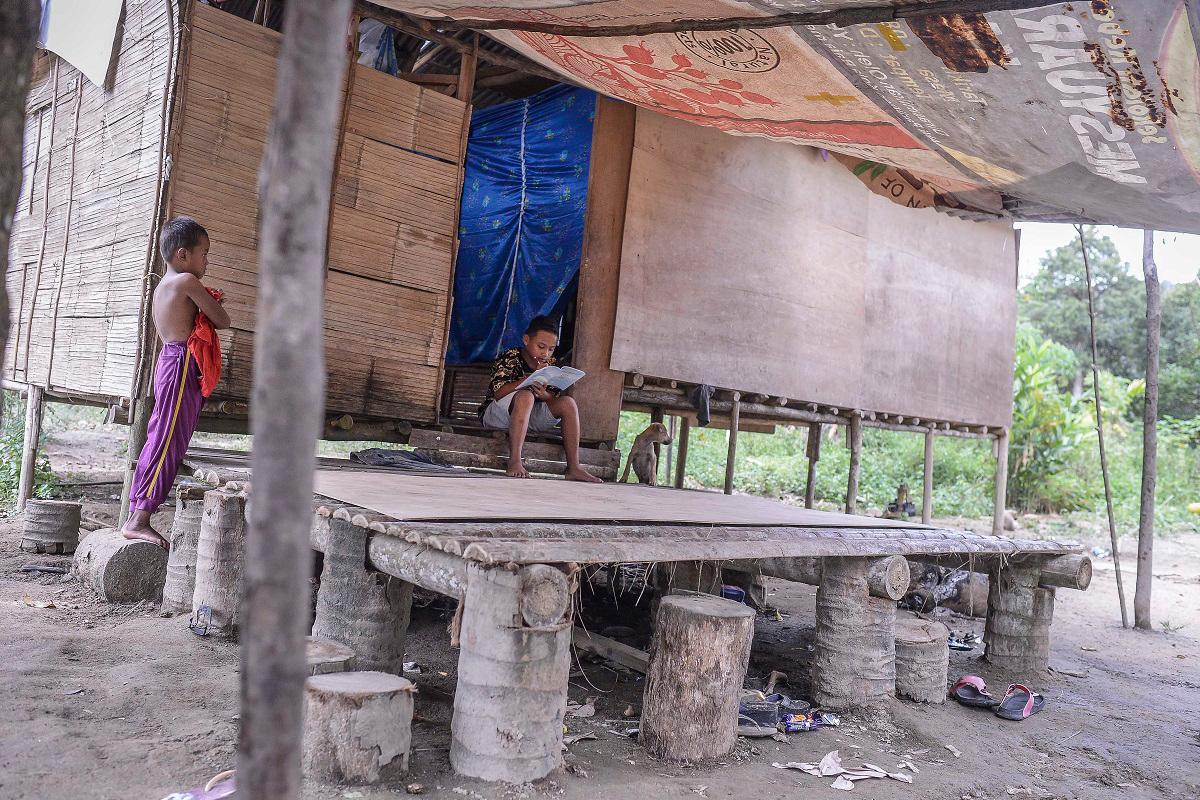PETALING JAYA: Ahead of Budget 2026, attention is turning to the pressing needs of Orang Asli communities, as gaps in infrastructure, clean water supply, healthcare, education and skills development remain wide, particularly in remote settlements.
Unicersiti Malaysia Kelantan’s Institute for Poverty Research & Management (InsPek) director Prof Dr Wan Ahmad Amir Zal Wan Ismail, whose research covers more than 600 villages across Kelantan, Terengganu, Pahang and Perak, said increased investment is essential to empower communities, support youth leadership and preserve cultural identity.
“Budget 2026 must include greater investment in education, especially Technical and Vocational Education and Training (TVET). Many Orang Asli are naturally skilled with their hands and are adaptable,” he said.
Policies should also ensure decision-making is participatory, combining top-down planning with community input.
“Modernisation shouldn’t mean assimilation – it should mean empowerment without losing identity,” he added.
Wan Ahmad added that development varies sharply between communities on urban fringes and those deep in the interior.
“Infrastructure has improved drastically. I remember visiting Pos Kuala Mu in Perak in 2006 and the journey took eight hours in dry weather and up to 18 hours when it rained. My pickup even flipped once. But just recently, I returned and saw major progress, with roads far better now,” he said.
“Clean water remains a pressing challenge, with many villages still relying on air tandak (untreated hillside water) or harvested rainwater.
“Electricity access has seen considerable progress, with nearly every village now connected to
the grid.”
On the Orang Asli Development Department, he said the department has evolved from welfare-based support to development-focused programmes, but structural issues remain.
“There is still no clear national vision for what the Orang Asli should become and how they could contribute meaningfully.
“Young Orang Asli are tech-savvy but often more drawn to entertainment than education.
“The department needs a strategy to help them use digital tools for learning and self-improvement,”
he said.









